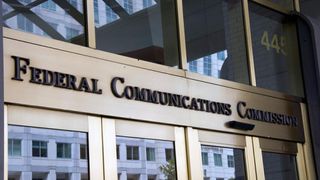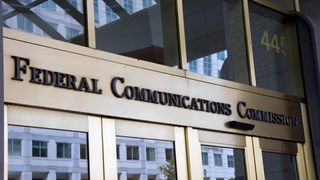Editorial: The Sky Isn’t Falling


Anti-consolidation and pro-network neutrality group Demand Progress is painting an apocalyptic scenario in order to raise money for its efforts to nullify the FCC’s elimination of network neutrality rules.
In a fundraising email, a copy of which was obtained by B&C, the group ties the AT&T-Time Warner merger and Comcast’s proposed buy of 21st Century Fox assets as “merger mania” representing a “worst case” net neutrality “nightmare.”
Their argument is that without rules preventing blocking, throttling or prioritizing net traffic, the “gigantic ISPs” buying up content will be able to achieve a virtual parade of horribles.
AT&T, in control of CNN and HBO, will be able to block YouTube or the BBC, and Comcast could censor Netflix to favor Hulu. “AT&T will be able to force users to watch CNN instead of MSNBC or PBS, while Comcast could push customers into Fox programming,” which would “crush” independent programmers in their wake.
The problem with that doomsday scenario is it leaves out the fact that removing FCC authority over such anti-competitive conduct, or bright-line rules against it, does not leave an oversight vacuum.
Activists have argued that without the rules, ISPs will be able to block and throttle and discriminate at will, only having to transparently announce they are doing it. That, though, is hardly the case.
The Federal Trade Commission will be able to prevent any activity it concludes is unfair or anticompetitive, as censoring competitors would clearly be. Disclosing you are doing something anticompetitive does not insulate an ISP from sanction.
Broadcasting & Cable Newsletter
The smarter way to stay on top of broadcasting and cable industry. Sign up below
The FTC will rely on complaints as well as its own investigations in enforcement, but so did the FCC in enforcing the bright-line rules. New FTC chairman Joseph Simons told B&C, “If it turns out that any broadband providers are engaging in any anticompetitive activity, we will be all over it.”
Simons was sounding like someone who would be as good as his word.
